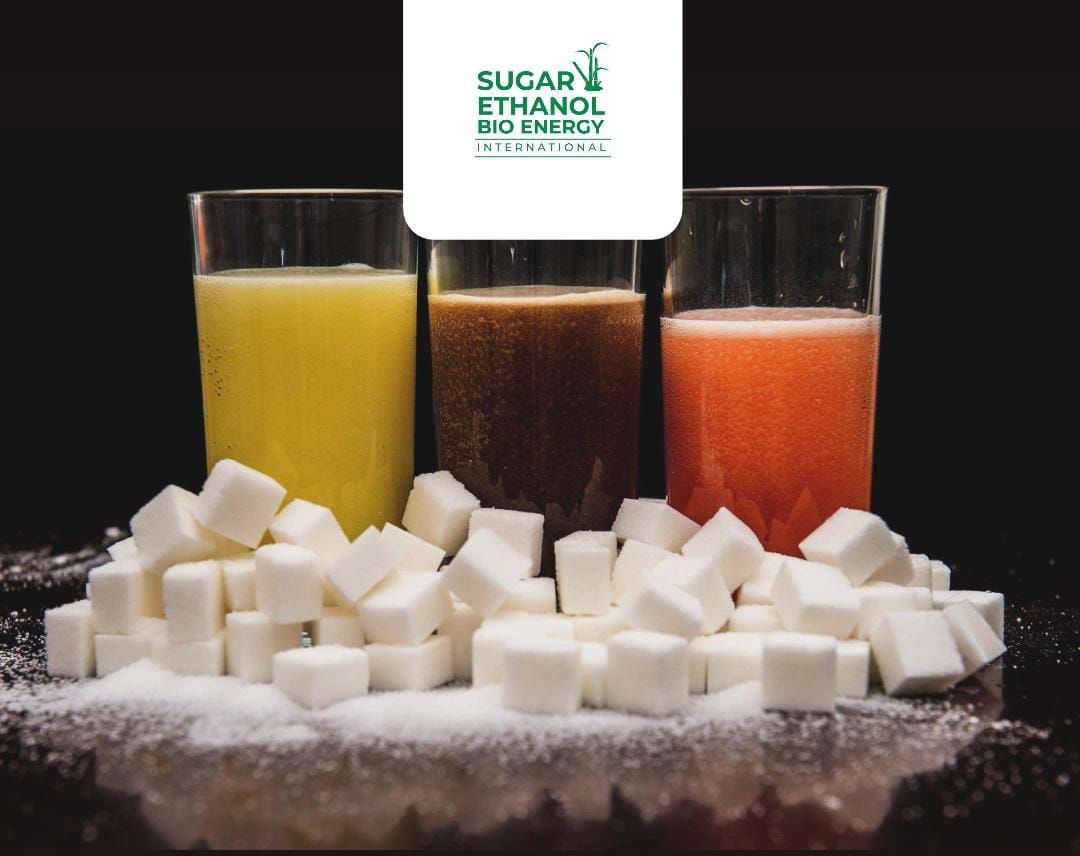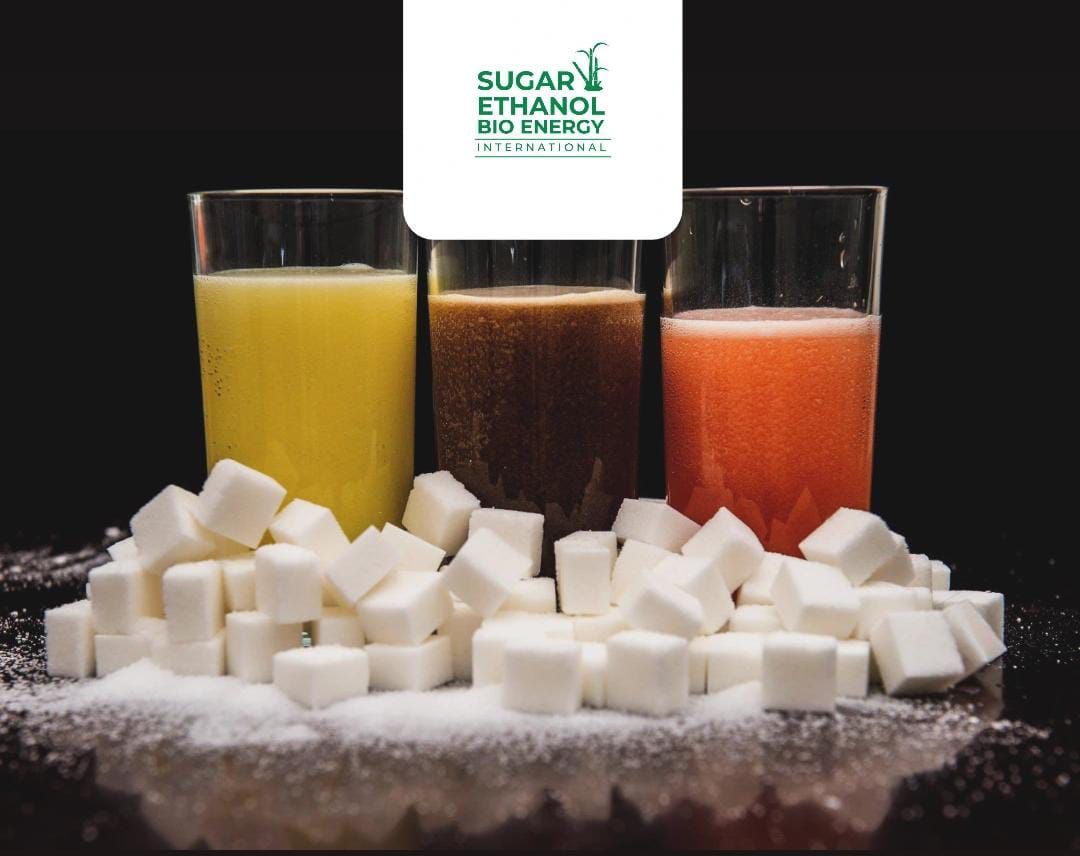
A major shift is coming to how the UAE taxes sweetened beverages. Beginning 1 January 2026, the country will move from a flat excise tax system to a tiered, sugar‑content‑based model for drinks.
Goodbye flat 50% tax for all sugar‑sweetened drinks. Under the new system, excise tax will depend directly on how much sugar or sweeteners a drink contains.
Drinks will be categorized based on grams of sugar per 100 ml into tiers:
High sugar (≥ 8 g/100 ml)
Moderate sugar (≥ 5 and < 8 g/100 ml)
Low sugar (< 5 g/100 ml)
Artificial sweeteners only (0 g sugar) — likely 0% tax
Energy drinks will remain taxed at 100% under existing rules.
Beverages containing only natural sugars (with no added sugar or sweeteners) may be exempt from excise tax.
Producers and importers must submit laboratory reports confirming sugar content per 100 ml when registering or updating products under the new regime. If no lab report is submitted, the beverage will by default be classified in the highest sugar tier (i.e. subject to highest tax) until proven otherwise.
For stock already taxed under the 50% model before January 2026: if those goods fall under a lower tax tier in the new system, the holders may claim deductions or refunds (on unsold stock) of the difference.
High‑sugar sodas and sweetened beverages will likely become more expensive due to higher tax burden. Low‑sugar or zero‑sugar drinks may see lower or more competitive prices relative to full‑sugar versions. Manufacturers are expected to reformulate products to reduce sugar content and shift them into lower tax tiers. Consumers will need to pay attention to labels (grams of sugar per 100 ml) to judge which drinks offer better value under the new tax regime.
Public health and fairness lie at the heart of the reform:
The tiered model better aligns taxation with actual sugar content, encouraging healthier consumption habits.
- Producers of high‑sugar drinks gain incentive to cut sugar to reduce tax exposure.
- The new approach is part of a GCC‑wide move toward volumetric taxation of sugar‑sweetened beverages.



